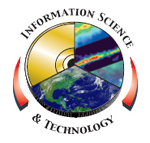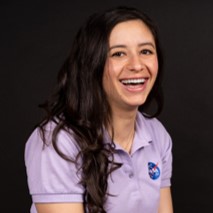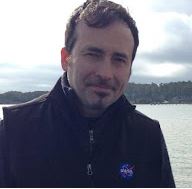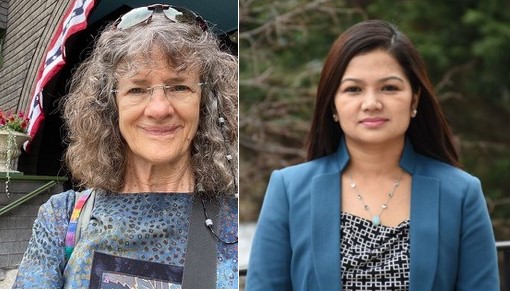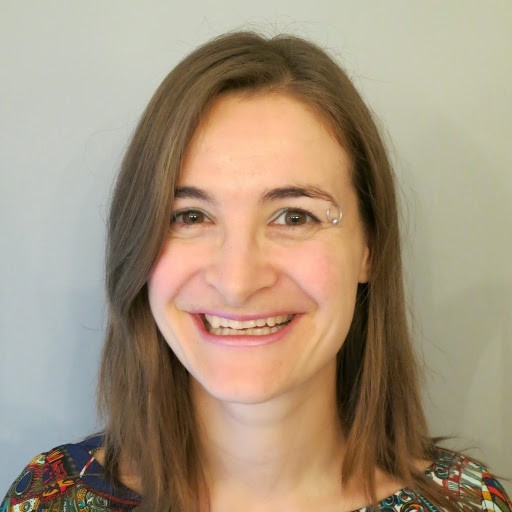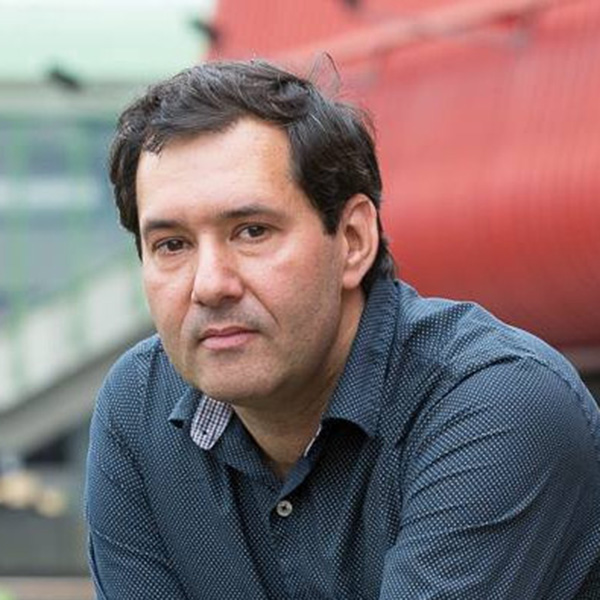Spring 2021
Goddard Showcase – Applying Research in Artificial Intelligence for Spacecraft Resilience (RAISR) to Distributed Spacecraft Missions (DSM)
To enable the demand for scientific discovery through deep space exploration, missions need to be able to travel further and operate more efficiently than ever before. To achieve full mission autonomy, intelligent onboard fault diagnosis methods must be developed, with special consideration of anomalous faults. To this end, we present the work encompassed by project…
Read MoreGoddard Showcase – Earth Information System Infrastructure. Leveraging Infrastructure as code to do science in the cloud.
From deploying “The Littlest JupyterHub” to automating the deployment of multiple Kubernetes powered Daskhub infrastructure; we would like to share a story about how using AWS Cloud (AKA an API) can not only make solutions deployment faster, repeatable and more secure but also more fun. The Earth Information System was a 6-month Science Pilot therefore…
Read MoreGoddard Showcase – Hackathoning Air Quality (AQ) in Cheverly, MD
While large cities have been trying to assess, predict and forecast air quality, smaller towns are also subject to many of the same problems without the funding to find and use existing resources. Recently, the ESIP Air Quality Cluster held a hackathon to identify and correlate resources for the City of Los Angeles and the…
Read MoreDiscovery and Control of 2D Magnets – Relevant to NASA?
Magnetism, one of the most fundamental physical properties, has revolutionized significant technologies such as data storage and biomedical imaging, and continues to bring forth new phenomena in emergent materials at reduced dimensions. The recently discovered magnetic 2D van der Waals materials provide ideal platforms to enable the atomic-thin, flexible, lightweight magneto-optical and magnetoelectric devices. Though…
Read MoreExploranation – from the inside of mummies to planets, stars and galaxies
This talk will take its starting point in the on-going convergence of exploratory and explanatory visualization paradigms into “Exploranation”. Based on the general availability of processing power, access to data and ever improving visualization methods, explanatory visualization can be data driven and fully interactive. This leads to a paradigm shift in visual learning and communication,…
Read MoreAccelerating AI Compute for Space, Planetary Science, and Aeronautics at Wafer-Scale
Dr. Andy Hock is VP of Product at Cerebras. Andy came to Cerebras from Google, where he led Data and Analytics Product for the Terra Bella project, using deep learning and AI to create useful data for maps and enterprise applications from satellite imagery.
Andy will introduce Cerebras and the CS-1, and discuss applications AI research and development for aeronautics, space and planetary science.
Read MoreCitizen Science Frontiers with the Zooniverse
Dr. Laura Trouille is VP of Science Engagement and Visualization at the Adler Planetarium and Zooniverse Co-PI.
The Zooniverse (zooniverse.org) is the world’s largest platform for online citizen science, with more than 2 million participants worldwide and over 300 projects launched since 2007, from astronomy to zoology, cancer research to climate science.
Read MoreWelcome to the Quantum Revolution – From Quantum Computing to Quantum Sensors
Bo Ewald CEO, ColdQuanta Bo Ewald – prior to becoming Coldquanta’s CEO Bo was President of D-Wave Systems and a founding member of the Quantum Industry Coalition. He served as the CEO of SGI, and President of Cray Research, he started his career at Los Alamos National Laboratory as Director of the Computing and Communications Division,…
Read MoreSpatiotemporal Computing for Combating the COVID-19 Pandemic
The sudden outbreak of COVID-19 in 2019 changed every walk of our lives on the planet. To address the global crisis, the NSF spatiotemporal innovation center spun off a rapid response project with support from NSF, NASA, State Department and many of its other members. This talk will introduce the project and how we utilized…
Read MoreData Visualization for Science Communication
Mark SubbaRao leads NASA’s Scientific Visualization Studio. Before joining NASA this past December, Mark spent 18 years at the Adler Planetarium in Chicago, where he produced planetarium shows and designed museum exhibits featuring data-driven scientific visualizations. During 2019-2020 Mark served as President of the International Planetarium Society(IPS), where he spearheaded the ‘Data to Dome’ initiative – an effort to prepare the planetarium community for the big data era.
Read More